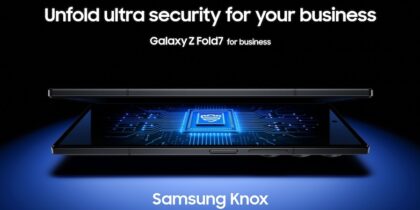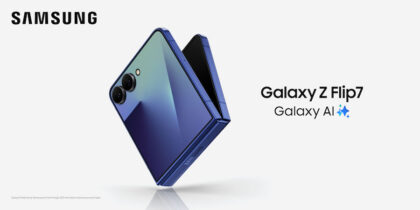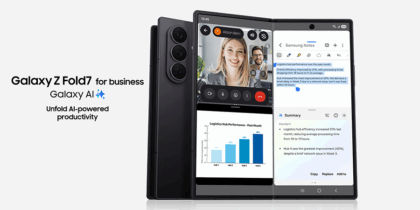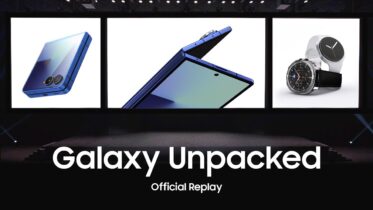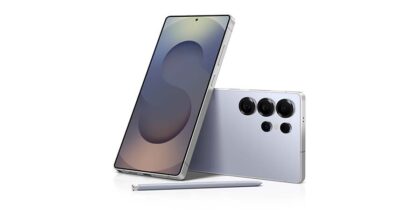Mobile phones have traditionally been “locked,” meaning that a given device operates only on the network of a specific carrier, and is sold at a subsidized price as part of a two-year connectivity agreement. Now, a generation of unlocked, “no contract” phones has come to market, promising to deliver a new level of freedom and flexibility.
Unlocked devices are purchased from the manufacturer or a reseller without a carrier contract. This makes it easier for enterprise mobility managers to seek out competitive pricing and service, and can also help reduce international calling and roaming charges. In addition to these benefits, an unlocked phone can play the role of a WiFi-only device, supporting business use cases and applications where a smaller handheld form-factor is preferable to a larger tablet.
Advantages of Using an Unlocked Phone with WiFi-Only
What’s the point of a phone that doesn’t connect to a cellular network? In sectors as diverse as retail, healthcare and hospitality, IT managers have increasingly come to find that the WiFi-only phone can play a critical role in boosting productivity and efficiency, while also proving cost-effective.
When daily work calls for access to specialized apps, an unlocked phone without cellular connectivity can fill a key role. For sales associates who spend hours at a time on the floor or healthcare workers who are constantly on the move, a tablet may deliver access to apps, but it can also be heavier and more cumbersome to carry. An unlocked, WiFi-connected phone can offer the same functionality in a much more compact form.
- In healthcare, nurses previously relied on devices like pagers, legacy phones and nurse call lights for physiologic alerts and requests from patients. Today they can access the same information, along with a range of additional content, via Wi-Fi-connected smartphones. Such solutions equip caregivers with all the app-driven versatility of a smart device, combined with the portability needed to do their jobs effectively.
- The retail industry has begun to explore the smartphone value proposition in a range of ways. An unlocked smartphone opens up additional avenues, bolstering efficiency with point-of-sale, inventory management and other key applications in the retail ecosystem. Smartphones promote productivity in retail, enabling mobile commerce and customer engagement.
- In hospitality, mobility is already a growing part of the guest experience. With an unlocked, “no contract” phone, hospitality executives can leverage new advantages from their mobile investment. Equipped with specialized apps to manage everything from inventory to time and attendance, employees can tap smartphone functionality to be more efficient and effective throughout their daily rounds.
Given the potential business benefits to be gained by deploying a fleet of unlocked phones, it’s perhaps not surprising to see the demand for such devices establishing a foothold in the market. According to the latest research from Strategy Analytics, unlocked smartphone shipments in the U.S. grew 140 percent annually from 2014 to 2015, hitting a record 14.6 million units in 2015.
Unlocked Means Easier Customization
In considering the possibilities and cost savings of a “no contract” device, some IT executives find added appeal in the streamlined applications inventory in an unlocked phone. Typically, such phones are delivered without the often weighty load of pre-installed apps that carriers sometimes pack onto their devices. From ring tones and sports apps to TV services, directories, storage services and coupon apps, locked phones may carry a broad range of preloads that are not applicable the business needs. Some enterprise managers are opting for unlocked phones specifically to rid themselves of this extraneous burden on mobile operating systems.
Once they have their unlocked devices streamlined and configured for maximum productivity, enterprise managers often will want to lock down their settings. Samsung Knox Custom Configurator (KCC) can help with that.
A web-based service, KCC allows administrators to deploy a specific group of settings or apps to enrolled devices. Granular controls can turn a phone into a point-of-sales terminal or a survey response collector, for example, by allowing operators to control app deployment and configuration across a single device or an entire inventory of phones. Profiles include device settings, home screen configurations and apps.
In addition to configuring devices in bulk, Samsung Knox Custom Configurator also enables administrators to install apps over the air, without having to manually download them onto each individual device.
Armed with such administrative tools, enterprise mobility managers have a unique opportunity. With an unlocked phone as the starting point, they may be able to swiftly implement applications and settings to turn a “no contract” phone into a powerful productivity tool.
Learn more about how Samsung Knox blends customization with security.



